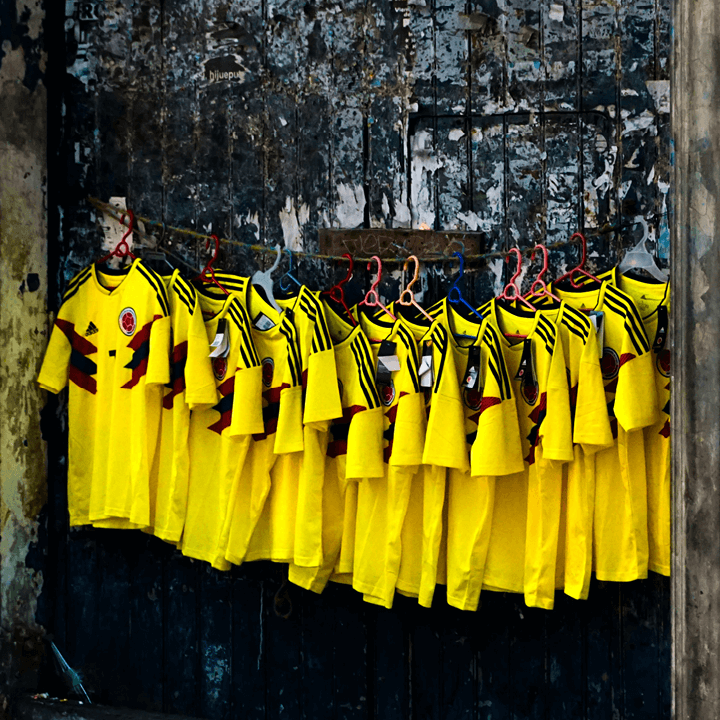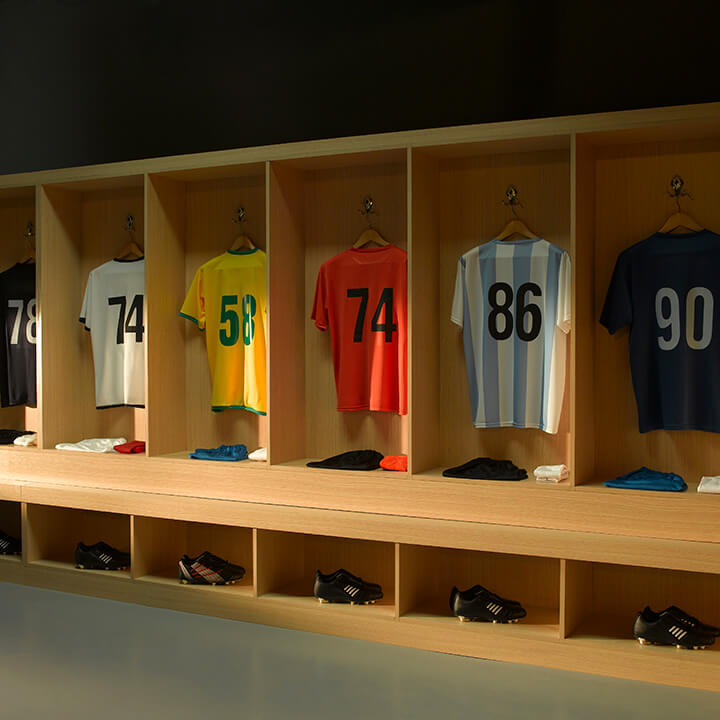Racism in football: Lessons from Quitongo v Airdrieonians FC
8th December 2022
The Scottish Employment Tribunal case of Quitongo v Airdrieonians FC [1] is one of the most recent decisions to deal with the continuing issue of racism in football. The case highlights the importance of carrying out a thorough investigation following receipt of an allegation of racist abuse against an employee. It also shows the value of, and skill in, preserving the employee relationship in situations where a football club is unable to conclude that racist abuse has occurred.

Racism in football and allegations of racist abuse: Quitongo v Airdrieonians FC
On 12 September 2021, a day after Airdrieonians FC played a Scottish League One fixture against Queen’s Park FC, Rico Quitongo was informed that another player’s family member had heard a supporter make a racist comment towards Quitongo. Quitongo passed this on to the first team manager and the Club commenced an investigation.
The investigation proved challenging evidentially – here are just a few examples:
- when the Club spoke to the individual who claimed to have heard the racial slur, she was unable to confirm whether the perpetrator was male or female or an adult or a child. She also could not pick anyone out with the help of CCTV images
- the individual said no one else heard the remark, including the family member they were sat next to
- roughly 100 Airdrieonians supporters made the trip to Queen’s Park. The Club spoke to a number of the travelling fans and (reluctantly) put out a public tweet asking for information – no one else said they heard anything racist
- the matter was referred to Police Scotland. The police dropped its investigation due to being unable to find a perpetrator.
The Club therefore informed the player that the evidence was inconclusive and it would not be able to take any further action.
Various matters occurred involving the player and his associates in the aftermath of the incident, including tweets posted by the player, his brother and his agent. The Club was accused of “looking good rather than doing good“ and “brushing things under the carpet“.
Quitongo brought a claim against the Club for (in particular) unlawful victimisation and racial harassment based on numerous matters which unfolded after the alleged racist abuse occurred. This included not being selected to play in certain matches, not being permitted to participate in a BBC documentary about racism in football, and being placed on a period of leave. He was unsuccessful in all aspects of his claim.
What should clubs do when faced with allegations of racist abuse or racism in football?
As we have discussed previously [2], while there is no specific legal duty on clubs to protect players against the racist abuse of fans, this does not mean that they should do nothing. A player may raise that the Club’s action (or inaction) in the face of an allegation was in itself discriminatory, or that it amounted to a repudiatory breach of their contract entitling them to resign and seek damages.
Airdrieonians’ prompt investigation into the allegation likely aided its case in defending the many grounds on which the player sought to allege victimisation and racial harassment. One might speculate that the lack of a proper investigation could have clouded the tribunal’s judgement as to the genuineness of the Club’s reasons for acting as it did in the aftermath of the allegation.
For example, Quitongo was refused permission to participate in a BBC documentary on racism in football. The tribunal accepted the Club’s reasoning that it did not consider it appropriate while the investigation was ongoing. There was a risk it could harm the Club’s reputation – as well as the player’s reputation in the event that the allegations were not proven. The genuineness of the Club’s reasoning may have been brought into question had the Club not conducted a diligent investigation.
This is particularly important, as tribunals must imply a discriminatory reason for conduct which is, on the face of it, discriminatory, in the absence of any other explanation. In other words, the burden of proof is on a club to prove the (non-discriminatory) reason for the conduct. Acting expeditiously to investigate the allegation is a good starting point.
Maintaining relationships
Clubs should also consider how to maintain the employee relationship, both during and after an investigation into allegations of racist abuse, and in light of alleged racism in football generally. Some key lessons arise from the Quitongo case:
- Structured investigation: The investigation should be transparent and structured, with an investigation officer formally appointed and notified to the player. In Quitongo, the tribunal found that, while the matter was investigated, the investigation was informal and lacked structure. It is, therefore, perhaps unsurprising that the player felt the investigation had been conducted too quickly and the allegation had not been taken seriously enough. A lack of clarity on the investigative process can open the door to a player/employee forming their own conclusions.
- Communication: Involve the player in the process. What does the player want out of the situation? Who else does the player think you should have spoken to? What evidence do they say you should have sought to obtain? The more involved the player, the more likely it is that the investigation will effectively address, and therefore hopefully resolve, their concerns.
- Media and publicity: Be clear from the outset about expectations around public comment prior to, and after, the conclusion of the investigation. (In this case, the player’s tweet, posted shortly after the investigation commenced, asserting that he had been racially abused by one of the Club’s supporters, kick-started a series of increasingly relationship-souring events.)
How we can help clubs
Walker Morris’ specialist Sports Employment lawyers advise clubs on all aspects of the employment relationship, including sports litigation and arbitration when relationships do deteriorate, and including various issues and challenges associated with racism in football. They have significant experience advising Premier League and EFL clubs. Please contact Charlotte or Adam for advice or assistance.
[1] Mr R Quitongo v Airdrieonians FC Ltd and Mr P Heatherington 4113808/2021
[2] See our earlier article on how clubs should tackle abuse of their players online










